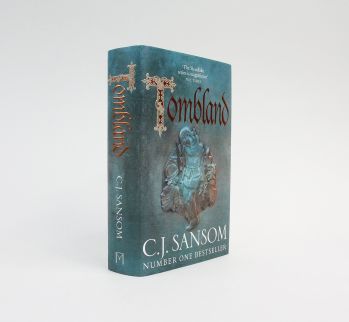


They were, he says, the most honest men he has ever known, and the reason he wrote this book.Īlthough Nine Section might have been a very small world in itself, what was at stake for its members could not have been higher. Their leisure time activities consisted largely of bitching, sniping, and thieving, and Fraser writes of them not so much with affection as with a fathomless respect, bordering on awe, for their courage and essential decency. Its members were mostly Cumbrians, rough hewn, aggressive men, not well educated, sons of an historical breed noted for cattle theft, raiding, and murder. Fraser belonged to Nine Section, part of the Border Regiment. The front line soldier does not give a lot of thought to the larger formations of company or regiment, and he does not worry much about the ‘big picture’. All experiences, hardships, and dangers are shared among these men, and the bonds that form are closer than any outside those of the nuclear family. Fraser tells us that ‘up the road’, at the sharp end of a war, a soldier’s first loyalty is to his section, which is a unit of ten men. The value of such memoirs is that they remind us that even though the overarching events may be momentous, to any given individual, war is always fought on a small and very personal scale.

It’s packed with fascinating details of a WWII rifleman’s life: his daily routines the gear he uses the food he eats how his section reacts when its corporal gets killed. This book will also appeal to anyone interested in military history, particularly the soldier’s-eye-view kind.

There is even a teasing hint that the character of Flashman may have been in some small part based on Fraser himself: one of his comrades remarks on how brown he is and tells him that if he put on a dhoti he could easily pass for a native. There is a portrait of a real bona fide genius fearless headcase English officer, of the kind that often crops up in the Flashman books. Fraser writes with the same pace and literary verve he brings to his novels, and the pages practically turn themselves. Quartered Safe Out Here is essential reading for anyone with a Flashman habit. These volumes are more instructive of 19th century history than almost any other stack of books, as well as being wildly entertaining and highly addictive once you start on them. Twenty-odd years later he embarked on the immortal Flashman series of novels for which he will be best remembered. He went to Burma as a nineteen-year-old in 1945 to confront a desperate enemy ready to fight to the death, and he was lucky to get out of there with his skin. That title, which is taken from Kipling’s Gunga Din, is a misnomer, as George MacDonald Fraser was not quartered safe out anywhere during his war, not for long anyway.


 0 kommentar(er)
0 kommentar(er)
